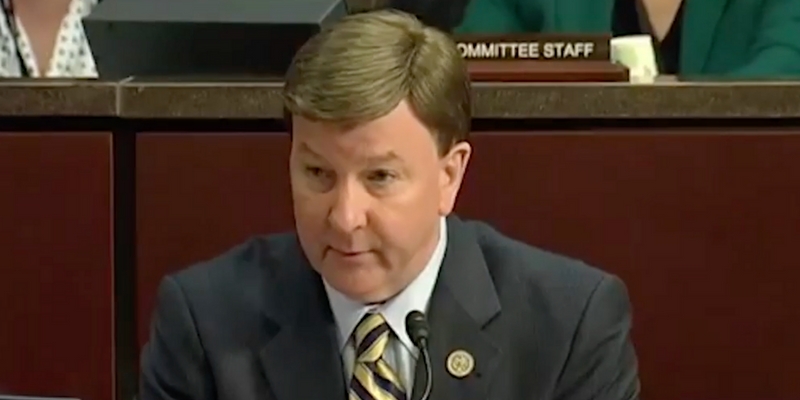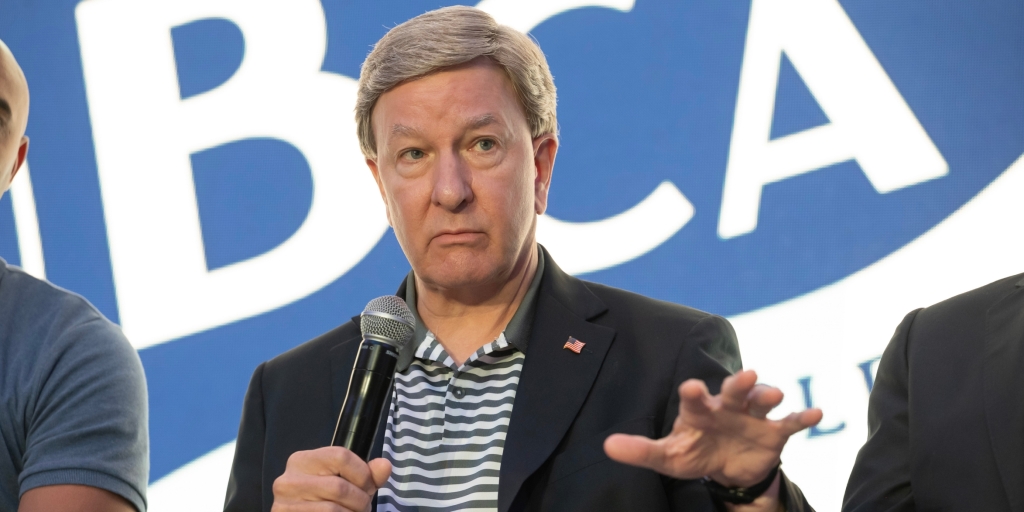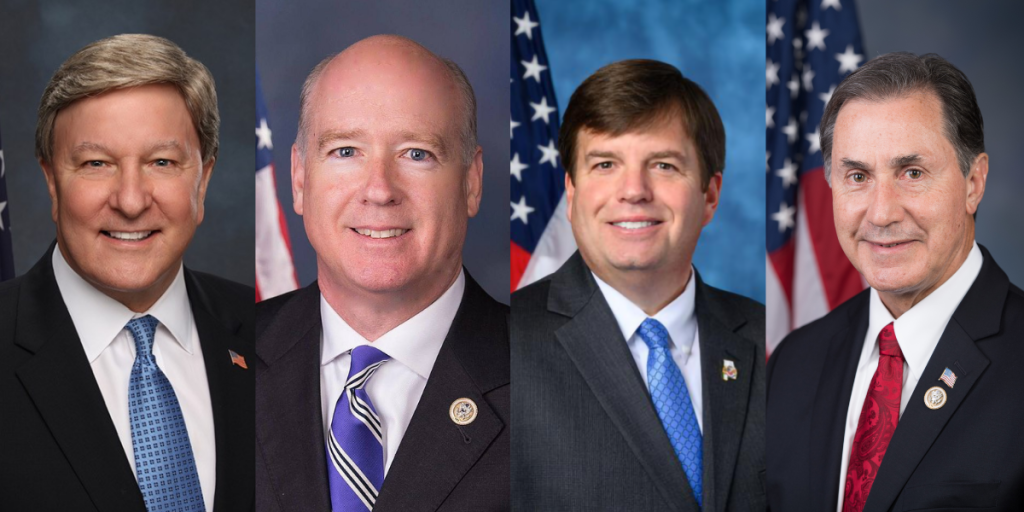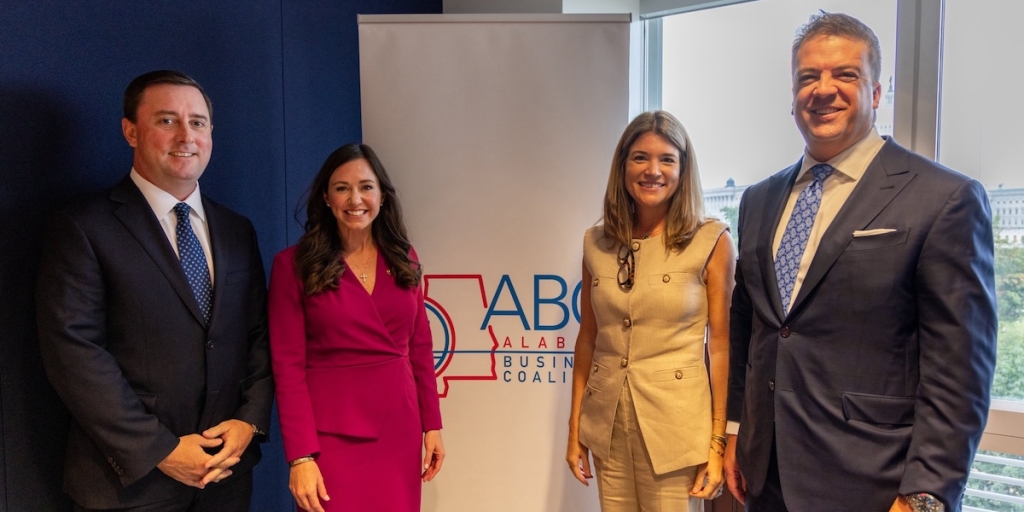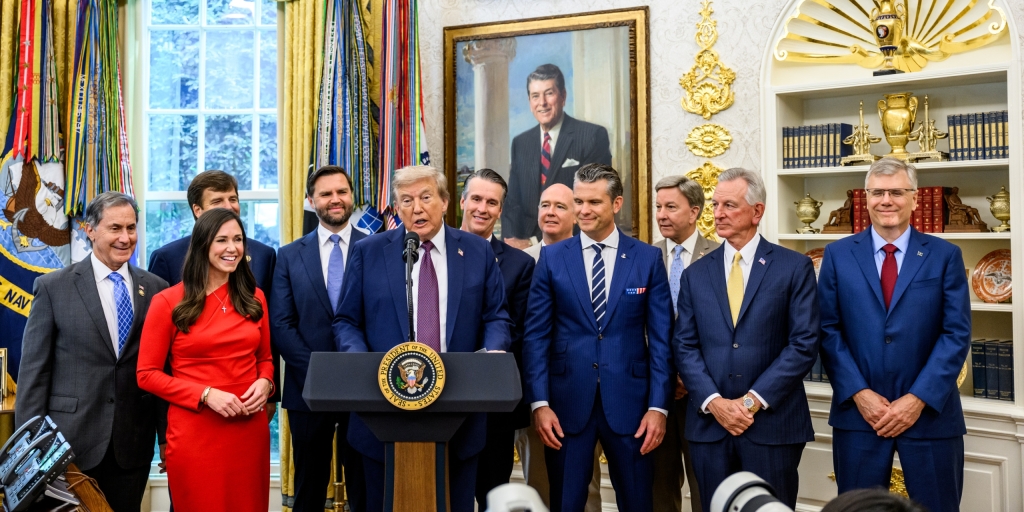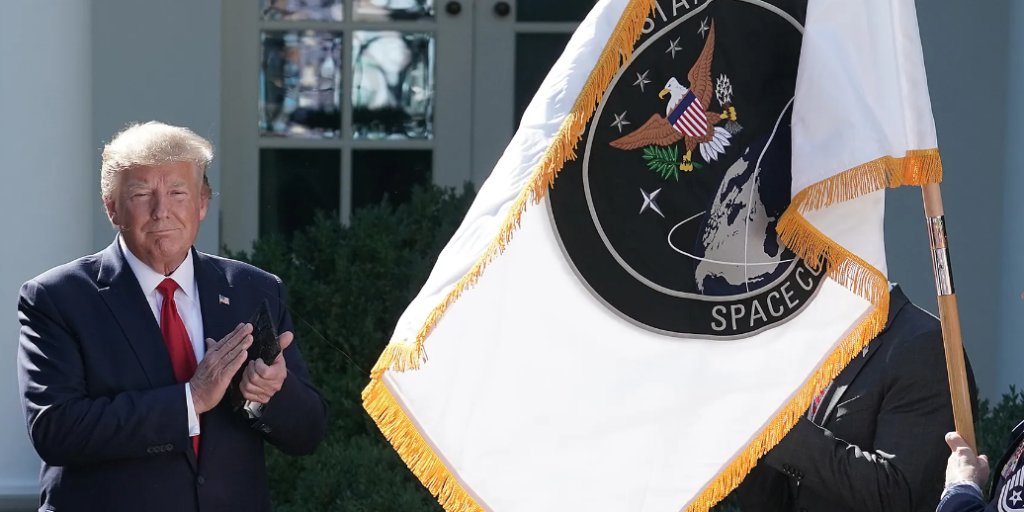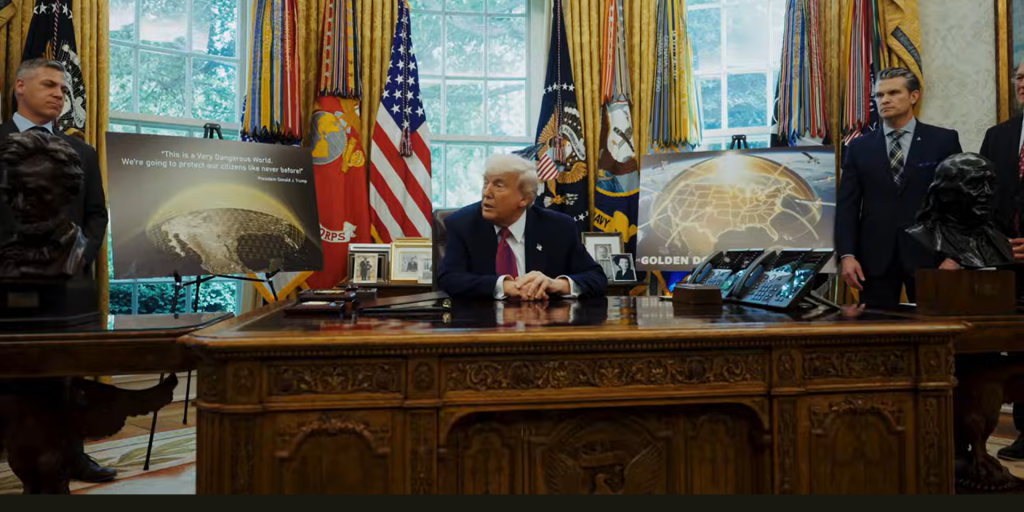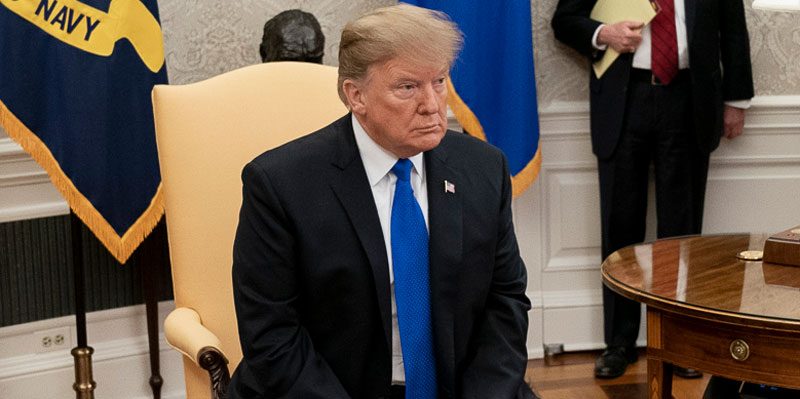During an appearance on Huntsville radio’s WVNN on Wednesday, Rep. Mike Rogers (R-Saks) explained what has inspired the House Democrats’ push for HR1, a bill that he described as a Democrat “wish list” on voting so that “Republicans can’t win.”
Rogers is the ranking Republican on the House Homeland Security Committee, which held hearings this week on the legislation and included testimony from Alabama Secretary of State John Merrill.
According to Rogers, much of what Democrats are doing regarding H.R. 1 comes out of the 2016 election defeat of Hillary Clinton. However, Rogers contended as far as the actual elections are concerned, so-called Russian hacking did not result in a single vote being altered after it was cast.
“That’s exactly what started Democrats talking about it,” Rogers said on “The Jeff Poor Show.” “They’re still in denial that Donald Trump won the election and they’re pushing this theory, ‘but for Russian interference, he could not have won.’ But the fact is, and that is undisputed testimony in our hearing today, both the [Department of Justice], … and [Department of Homeland Security], I think, have studied the election systems in the 2016 and 2018 election, and there is zero evidence of any tampering with or hacking into the election machines that would change a single vote.”
“What there is evidence of, and it is undisputed, is evidence that Russia placed ads on social media – about $20 million – trying to spread disinformation,” he said. “But as I made the point in today’s hearing, there’s nothing new about that. Russia has been meddling disinformation in our elections for decades. They’ve been doing it all over the world, whether you’re in the Middle East or Western Europe or Eastern Europe. They’re very aggressive in Eastern Europe in spreading disinformation. There’s nothing new about that, and I expect that’s going to continue.”
The Calhoun County Republican argued for vigilance regarding entities hostile to the United States infiltrating social media platforms to influence election outcomes, in addition to guaranteeing the “mechanics of voting” are protected.
“What we have to make sure of is when there is disinformation being spread on social media that we pointed out it being what it is – we’re getting help from the social media platforms to do that – after 2016, but we’ve still got work to do on that front,” Rogers outlined. “We have to make sure when it comes to actually the mechanics of voting that there is no doubt when those elections take place, the accuracy of the count is confirmed as being valid.”
@Jeff_Poor is a graduate of Auburn University, the editor of Breitbart TV and host of “The Jeff Poor Show” from 2-5 p.m. on WVNN in Huntsville.




